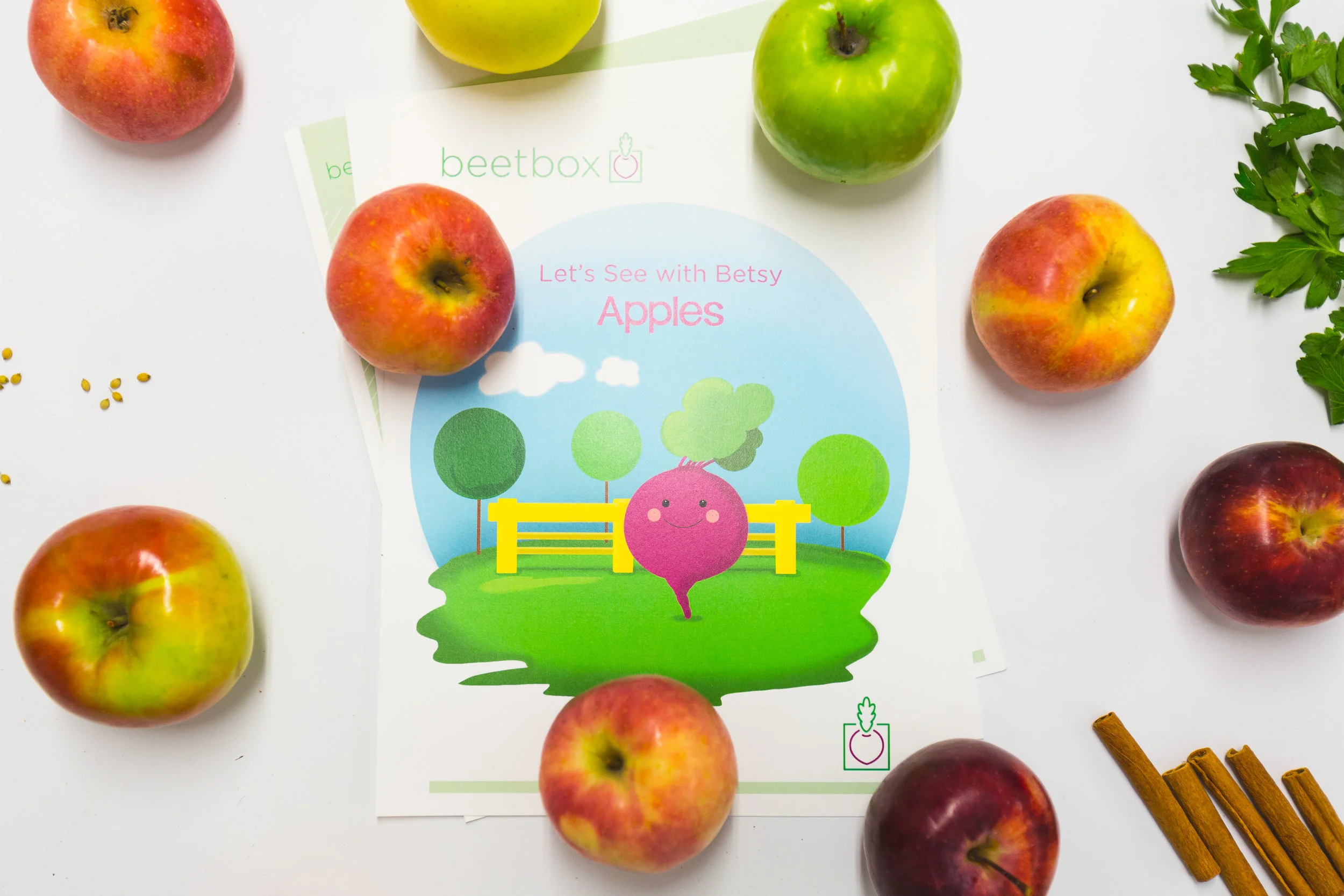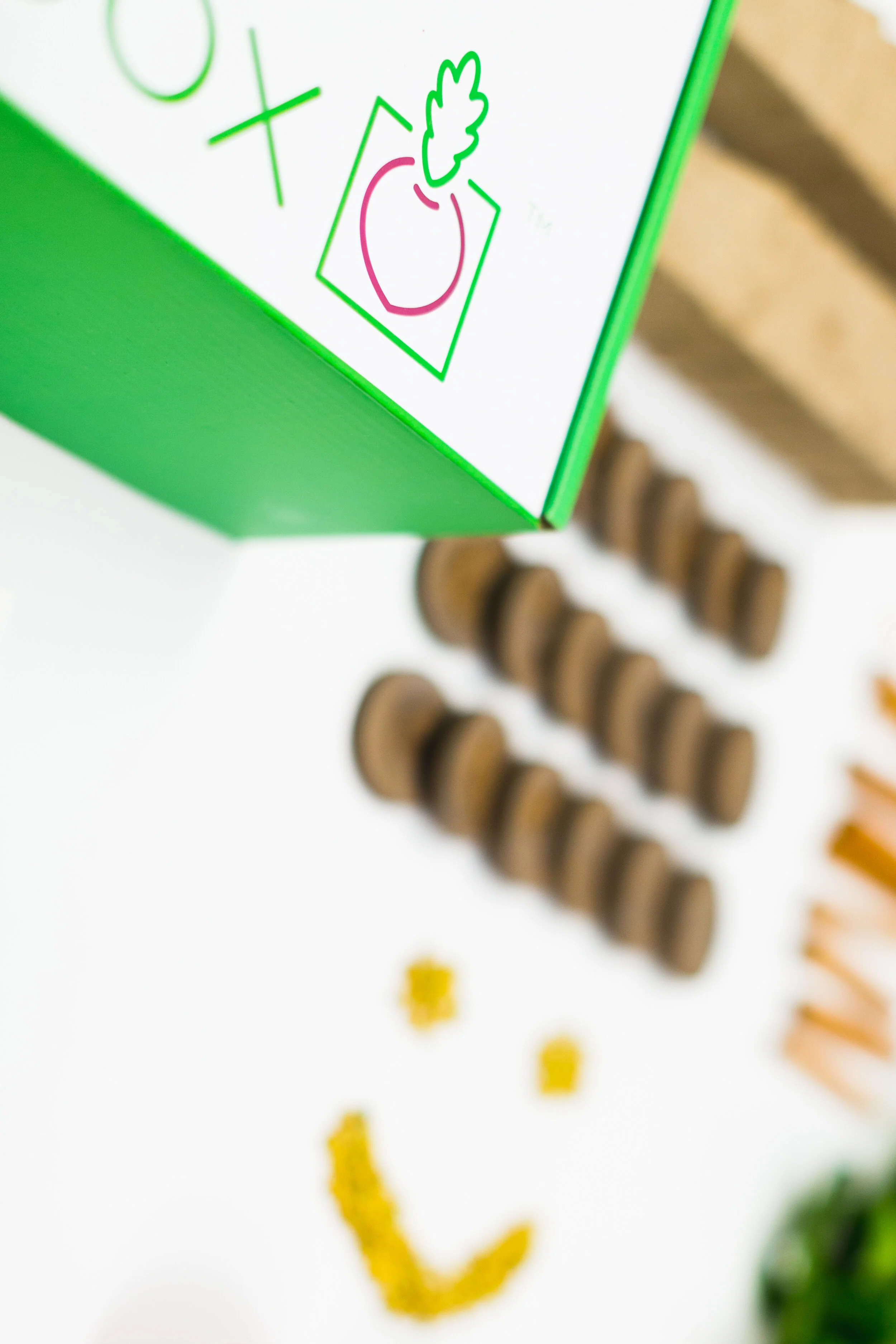2 Major Ways to Reduce Teacher Burnout
It’s a well-advertised fact that teaching is a difficult profession to maintain, not only physically, financially, but also mentally and emotionally. The challenge a teacher faces ranges from a lack of time, resources and support to the need of finding the best method to accommodate not only each and every student, but also their parents. As a result, teacher burnout has become an increasingly common scenario in the United States. Each year, we see half a million U.S. teachers leave the profession. Of the new teachers that enter the profession, half will take off their hats within the first five years. Thus, it is very important for teachers (both new and old) to continually monitor their mental and emotional health. Besides the usual tips of getting enough sleep, eating healthy and leaving schoolwork at school (as best as you can, that is), here are two major tips to help reduce teacher burnout:
1. Have A Meltdown (Or Two)
Stress is an inevitable part of any job, especially teaching. So, instead of building up all that stress (which will eventually result in a burnout), why not let yourself go every once in a while? Give yourself a controlled environment, set a time, and have a meltdown. This could mean bawling your eyes out, while indulging in some much-needed talk therapy with friends or simply lying down and doing nothing for an hour. Do whatever it is that you need in order to vent and relax. Then, take a deep breath and go on teaching!
2. Let Your Students Take Charge
As teachers, you like to be prepared, more prepared, and even more prepared. Before the lesson has begun, you’re planning each step, each question, and each reaction your students will have. Ironically, you may find that you are so well prepared that you’re over prepared. A child’s mind works much more differently than an adult’s. More likely than not, your students have their own ideas of how the lesson will go, so why not indulge in your students’ visions? Following their train of thought will not only allow students to make much more personal connections with the material, it can also reduce the stress and wasted time that comes from being so overly prepared there is no room for flexibility and growth.
Written by Monica Zheng















